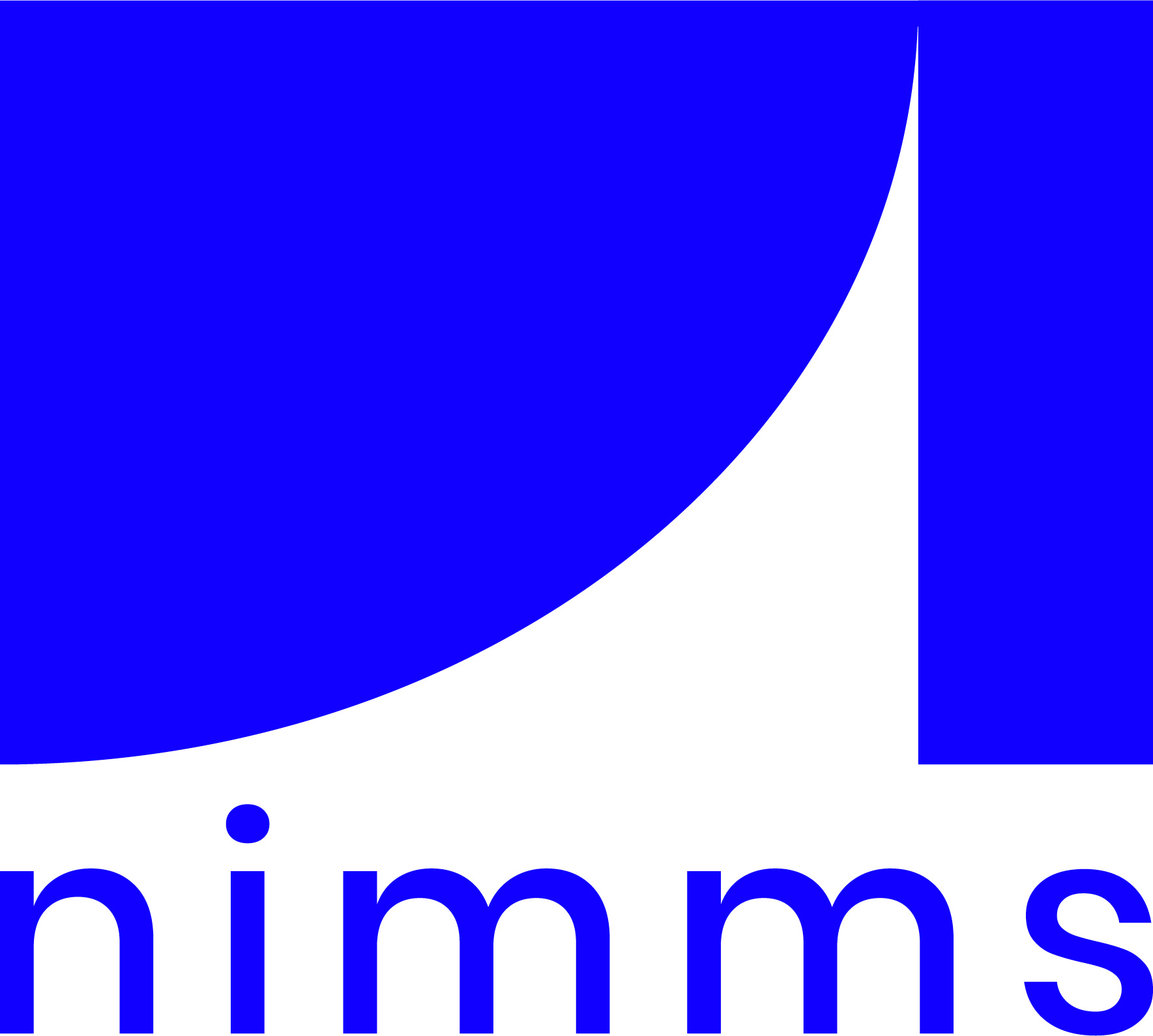Advanced Particle Therapy center for the Baltic States is a novel initiative in the 3 Baltic countries: Lithuania, Latvia and Estonia. The goal of the initiative is joint development of state-of-the-art clinical particle therapy center as a large scale scientific research infrastructure. NIMMS HeLICS technology is envisioned as core of the facility, in short-term ensuring the established proton therapy for medical use, while having the long-term goal of clinical introduction of helium ion therapy through dedicated scientific research programme.
Since 2022, this initiative is developed by CERN Baltic Group[1] (CBG) - a consortium of 14 scientific universities and research institutions in the region. CBG aims to coordinate research activities with CERN as well as to develop and strenghten regional scientific communities both in high energy physics and accelerator technologies. Advanced Particle Therapy center for the Baltic States initiative was started as a dedicated effort within CBG in 2022.
The initiative aims to integrate the core synchrotron technology and all capabilities it offers in three main „pillars”:
- research institution: advanced particle accelerator driven system for pre-clinical and clinical research for translation of helium ion therapy into medical use. Regional center of excellend for a broad spectrum of research opportunities in fields as medical physics, radiobiology, accelerator physics and related technologies, particle physics, material science and others;
- clinical cancer treatment facility: medical use of proton and helium ion beams, novel treatment approaches with FLASH delivery and use of particle radiography, while also providing radioisotope production for both diagnostical and therapeutical use;
- industry involvement infrastructure: an initiative to actively involve local companies in delivery of the center, increasing the „know-how” in accelerator technologies, while also creating a hub for future R&D.

A conceptual idea report[2] has been developed outlining the key aspects of the facility. Working group is also actively engaging with various relevant stakeholders to form a consortium for further developments of the initiative – medical communities, political groups and research institutions. As medical community support is crucial for success of the clinical center function, working group members are actively taking part in regional congresses and disscussing with proffesional associations ir radiology, radiation oncology, nuclear medicine and medical physics. The initiative was advanced within the workshop “ Particle therapy - future for the Baltic States? State-of-play, synergies and challenges ” [3],[4] gathering proffesionals from medical, research and technical expertise fields.
Currently, a feasibility study project is in development to study the aspects of cancer epidemiology in the Baltic State, particle therapy eligibility and referral systems, technical implementation of the facility and economics and business aspects.
